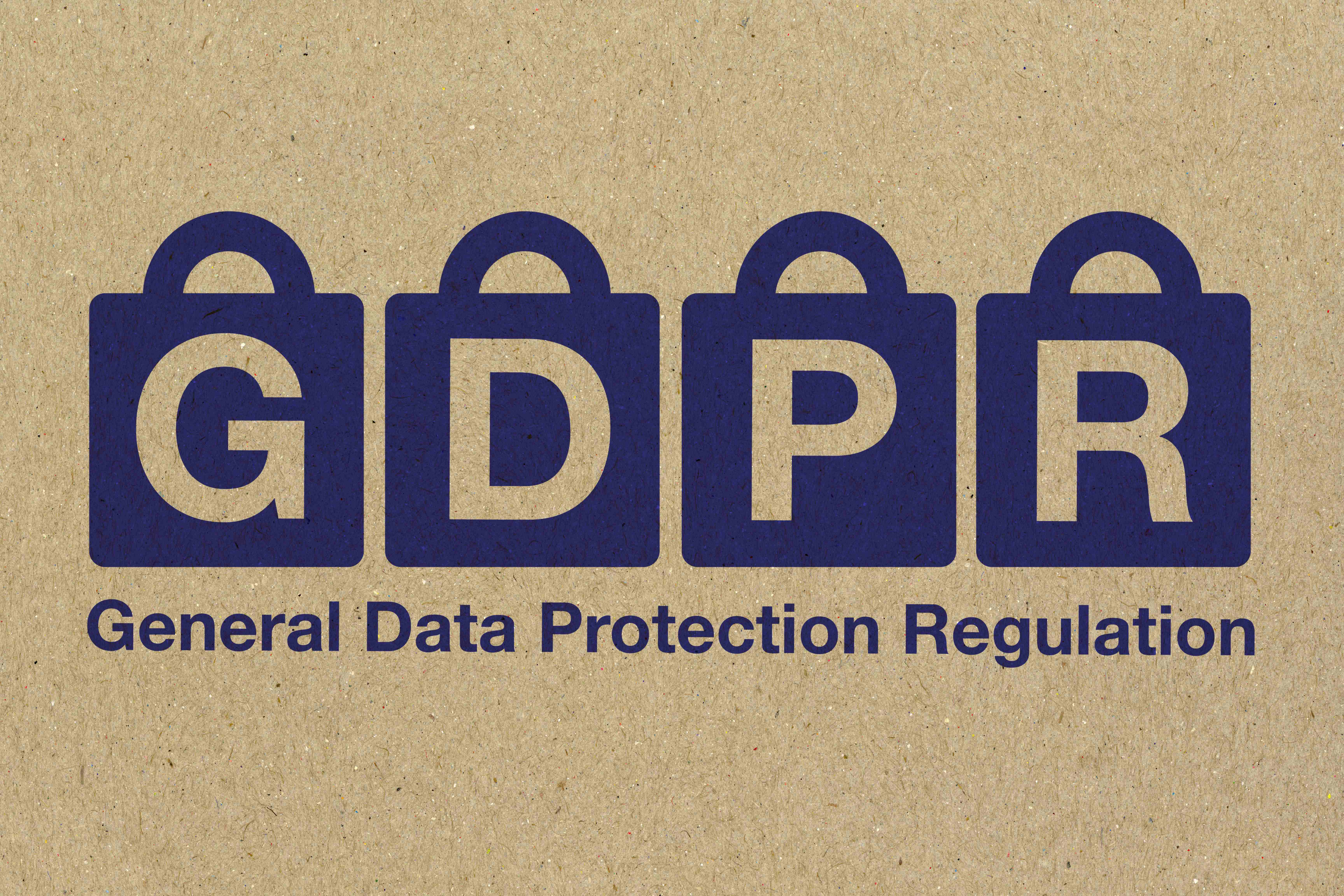In today’s digital landscape, data privacy has become a top priority for both consumers and businesses alike. The General Data Protection Regulation (GDPR), introduced by the European Union (EU) in 2018, has significantly altered the way companies collect, store, and process personal data. For business owners looking to enhance their online store’s visibility and drive organic traffic, understanding the impact of GDPR on SEO is essential. In this comprehensive guide, we’ll explore the implications of GDPR for SEO, provide actionable tips for ensuring compliance, and discuss how prioritizing data privacy can help build trust with your audience.
Table of Contents
- Introduction
- Understanding GDPR and Its Impact on SEO
- Actionable Tips for GDPR Compliance in SEO
- The Role of Trust Signals in SEO
- Conclusion
- About Don Hesh SEO
Introduction
The GDPR represents a significant shift in data protection regulations, empowering individuals with greater control over their personal information. From a business perspective, compliance with GDPR is not only a legal requirement but also an opportunity to build trust and credibility with customers. In the realm of SEO, ensuring GDPR compliance is crucial for maintaining search visibility and reputation.
Understanding GDPR and Its Impact on SEO
GDPR imposes strict guidelines on how businesses collect, process, and protect personal data. From an SEO perspective, this means that tactics such as user tracking, cookies usage, and personalized advertising must be handled with utmost transparency and consent. Failure to comply with GDPR regulations can result in hefty fines and damage to your brand’s reputation.
Actionable Tips for GDPR Compliance in SEO
1. Obtaining Consent for Data Collection
Ensure that your website clearly informs visitors about the data you collect, how it’s used, and obtain explicit consent before gathering any personal information. Implement cookie consent banners and preference centers to give users control over their data.
2. Transparency in Data Processing
Be transparent about your data processing practices by providing easily accessible privacy policies and terms of service documents. Clearly outline the purposes for which data is collected and how it’s stored and protected.
3. Data Security Measures
Invest in robust data security measures to safeguard personal information from unauthorized access or breaches. Implement encryption protocols, regularly update software, and conduct regular security audits to mitigate risks.
The Role of Trust Signals in SEO
Prioritizing GDPR compliance not only helps you avoid legal repercussions but also serves as a trust signal to both search engines and users. Websites that demonstrate a commitment to data privacy and security are more likely to rank higher in search results and attract organic traffic.
Conclusion
In conclusion, GDPR has brought about significant changes in how businesses handle personal data, impacting various aspects of digital marketing, including SEO. By prioritizing GDPR compliance, businesses can build trust with their audience, maintain search visibility, and drive organic traffic to their online stores.
About Don Hesh SEO
At Don Hesh SEO, we understand the importance of GDPR compliance in today’s digital landscape. As your dedicated SEO consultant and Google Ads consultant, we can help you navigate the complexities of SEO while ensuring compliance with data privacy regulations. Contact us today to learn how we can help you enhance your online visibility and build trust with your audience.



